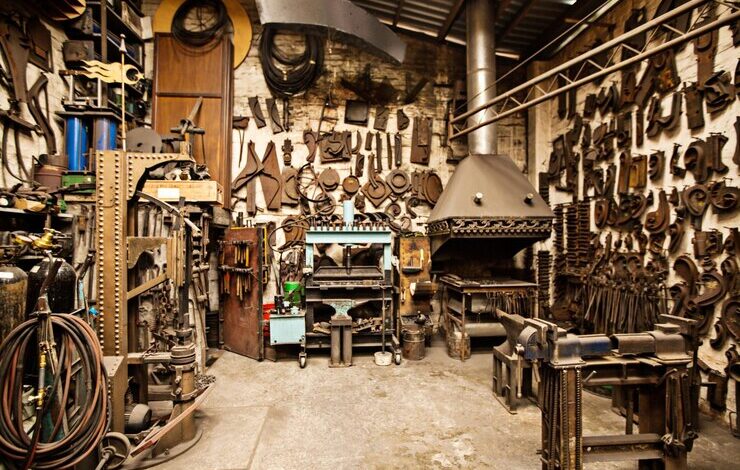How to start a Antique shop in South Africa

South Africa’s rich cultural heritage and historical significance make it an ideal destination for antique enthusiasts. If you have a passion for history, collectibles, and a keen eye for valuable artifacts, starting an antique shop in South Africa can be an exciting and rewarding venture. This article will guide you through the essential steps to establish your own antique shop and make it a success.
- Research and Develop Your Business Plan: Before diving into any entrepreneurial endeavor, it’s crucial to conduct thorough research. Study the antique market in South Africa, identify popular trends, and evaluate your potential competitors. Consider factors such as location, target audience, inventory, pricing, and marketing strategies. A well-structured business plan will serve as your roadmap and help attract investors or secure financing.
- Choose an Ideal Location: Selecting the right location is vital for the success of your antique shop. Look for areas with high foot traffic, preferably in or near cultural centers, historical neighborhoods, or tourist destinations. Consider renting a space with ample display area, good lighting, and secure storage facilities for your valuable inventory.
- Obtain Necessary Licenses and Permits: Ensure you comply with all legal requirements to run an antique shop in South Africa. Contact the local municipality or city council to obtain the necessary licenses and permits, such as a business license, tax registration, and any additional permits specific to your locality.
- Build an Impressive Inventory: Curating a diverse and captivating collection of antiques is the cornerstone of any successful antique shop. Attend auctions, estate sales, flea markets, and antique fairs to source unique and valuable items. Develop relationships with reputable dealers and collectors who can provide you with authentic and high-quality merchandise. Consider specializing in a particular era, style, or category of antiques to create a niche for your shop.
- Authenticate and Appraise Antiques: Authentication and appraisal are vital to establish the authenticity and value of the items you sell. Acquire knowledge about different styles, periods, and markings to identify genuine antiques from reproductions or fakes. Collaborate with expert appraisers and conservators who can evaluate the authenticity, condition, and value of your inventory. Display certificates of authenticity alongside your items to build trust with customers.
- Create a Captivating Storefront: Design an inviting and aesthetically pleasing storefront that showcases your antique collection effectively. Organize your inventory into attractive displays that allow customers to explore and appreciate each item. Use appropriate lighting and signage to create a welcoming ambiance that reflects the charm and allure of the antiques you offer.
- Implement an Efficient Inventory Management System: To run a successful antique shop, you need to maintain accurate inventory records. Implement an efficient inventory management system that tracks incoming and outgoing items, sales, and restocking requirements. Utilize technology to streamline processes, such as barcoding systems or inventory management software, to save time and minimize errors.
- Establish an Online Presence: In the digital age, it is essential to have an online presence to expand your customer reach. Develop a user-friendly website that showcases your inventory and provides information about your shop’s history, expertise, and services. Utilize social media platforms, such as Instagram or Facebook, to engage with customers, share updates, and promote your unique antique finds.
- Build Relationships and Collaborate: Networking and building relationships with other antique dealers, local businesses, interior designers, and collectors can significantly benefit your antique shop. Collaborate on events, organize workshops, or participate in trade fairs to expand your customer base and gain exposure within the industry.
- Provide Excellent Customer Service: Delivering exceptional customer service is crucial to cultivating a loyal customer base. Train your staff to be knowledgeable, approachable, and attentive to customer needs. Offer personalized assistance, share stories about the antiques, and provide guidance on maintenance and care. Encourage customer feedback and address any concerns promptly.
Starting an antique shop in South Africa requires a blend of passion, knowledge, and business acumen. By conducting thorough research, developing a solid business plan, curating a captivating inventory, and providing outstanding customer service, you can establish a successful antique shop that preserves and celebrates the country’s rich historical heritage while delighting antique enthusiasts from around the world.




